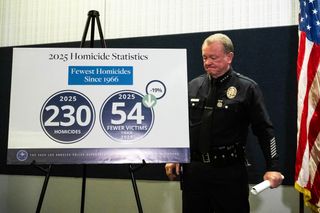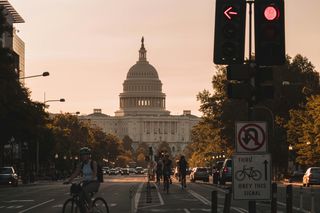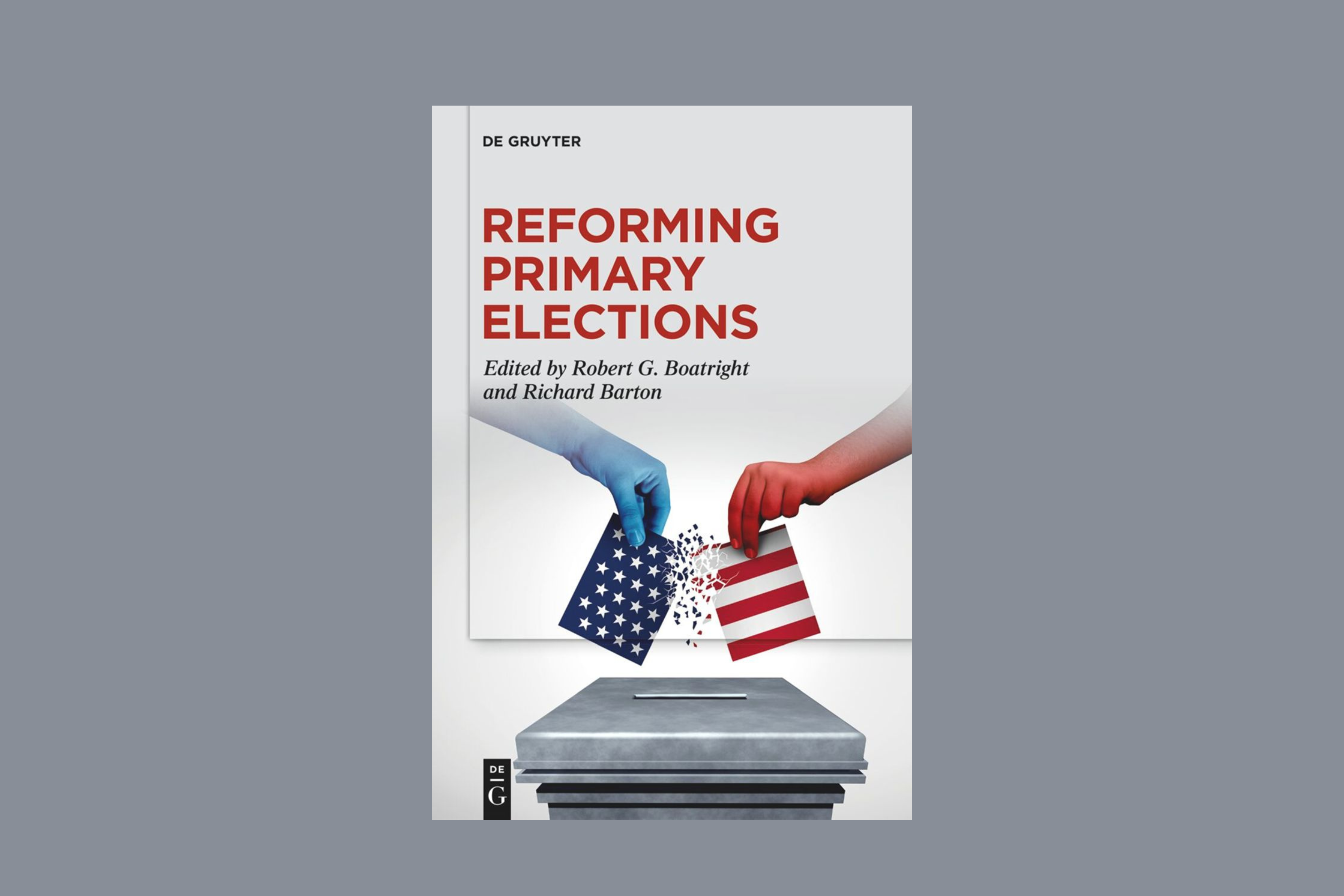While some ring in the new year with hopes of a fresh start, recent days are a reminder of just how much baggage is set to feature in the new (election) year of US politics.
In December, Colorado’s Supreme Court and Maine’s secretary of state took steps to bar Donald Trump from their states’ primary electoral ballots under the untried insurrection clause of the 14th Amendment. The possibility of Trump’s disqualification in these states compels the US Supreme Court to swiftly answer difficult questions about the Civil War-era amendment and its application to the events of January 6, 2021. Were the Capitol Hill attacks an insurrection? Was the former president engaged in the event? Does this disqualify him from being able to hold presidential office under the US Constitution?
President Biden’s scathing speech marking the third anniversary of the 6 January riots might attempt an early answer to those questions: “Trump’s mob wasn’t a peaceful protest. It was a violent assault. They were insurrectionists, not patriots. They weren’t there to uphold the Constitution; they were there to destroy the Constitution.”
Ahead of the first of the year’s election contests — next week’s Iowa caucus on 15 January — Republican primary voters appear impervious to Biden’s case and unperturbed by the Colorado and Maine decisions, with Trump maintaining a more than 30-point lead as preferred candidate in the state.
All this reignites debate about whether the court of law or of public opinion will first determine the fate of Trump’s presidential ambitions, and indeed which of these courts will provide the most democratically-spirited result.
As history and future collide in 2024, it’s all but guaranteed that this new year and election season will be like no other.









.png?rect=0,3,6000,3994&w=320&h=213&auto=format)